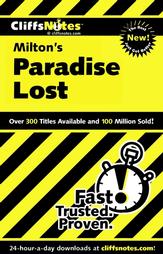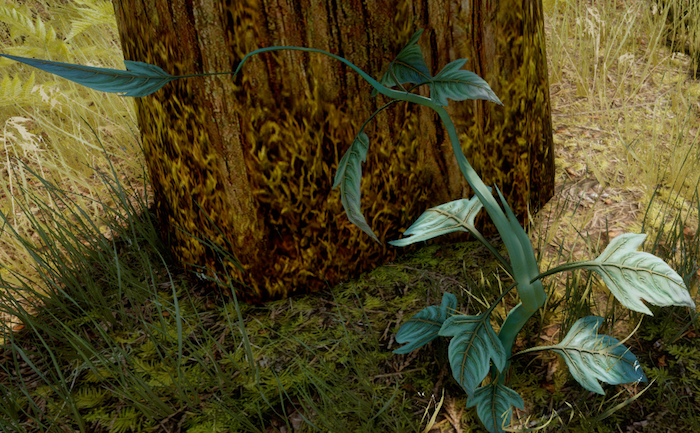I play games…a lot of games, but games are what I research. When I am researching a game I play the whole game. I have to finish it. Don’t get me wrong, I may not 100% percent it and I may use a game guide (very rarely) if I get stuck, but I will finish it. I don’t use Let’s Plays instead of playing the game though I do sometime watch one or two to see what other people have done differently or to hear how they responded to something that happened in game, but that can’t take the place of the interactive experience. For me, my experience is what makes the gameplay. Interestingly enough I feel the same way about books, if I’m doing research I read the entire book, article, chapter, website, etc. I don’t use the Cliff’s Notes or someone else’s synopsis instead.
 That’s it! Watching a Let’s Play instead of playing the game is analogous, in my mind, to reading the Cliffs Notes of a book. Both may give the gist of what goes on in the primary text, but neither actually allows you to experience the text first hand and they won’t give you the deep understanding necessary to think, write, and talk critically about them. (And goodness knows that the last thing the world needs is another surface read of Jane Eyre.) They’re shortcuts. Useful sometimes, but adequate never. I often tell folks about the struggle that I had, and still have, in getting myself to accept the fact that playing games is a part of my research and that the 20+ hours that I spend playing Assassin’s Creed to completion so that I can write about it (or not if it proves to not be useful) are just as valid as spending 20 hours reading rhetorical theory. It was the same struggle that I found myself facing 20 years ago when I first started doing multimedia text production. I struggled with the concept that building a web text text was just as scholarly as writing another text based alphanumeric article for print publication. In many ways I see multimodal, web based projects as being more valuable because they tend to (in my delusional mind) reach a broader audience in a more timely manner. But again, I digress.
That’s it! Watching a Let’s Play instead of playing the game is analogous, in my mind, to reading the Cliffs Notes of a book. Both may give the gist of what goes on in the primary text, but neither actually allows you to experience the text first hand and they won’t give you the deep understanding necessary to think, write, and talk critically about them. (And goodness knows that the last thing the world needs is another surface read of Jane Eyre.) They’re shortcuts. Useful sometimes, but adequate never. I often tell folks about the struggle that I had, and still have, in getting myself to accept the fact that playing games is a part of my research and that the 20+ hours that I spend playing Assassin’s Creed to completion so that I can write about it (or not if it proves to not be useful) are just as valid as spending 20 hours reading rhetorical theory. It was the same struggle that I found myself facing 20 years ago when I first started doing multimedia text production. I struggled with the concept that building a web text text was just as scholarly as writing another text based alphanumeric article for print publication. In many ways I see multimodal, web based projects as being more valuable because they tend to (in my delusional mind) reach a broader audience in a more timely manner. But again, I digress.
 I wanted to share this as a gentle reminder to other folks who study games (especially the students and junior faculty who ask how to make time to play games) but also to other well meaning folks who don’t do game studies and ask that much dreaded question, “Shouldn’t you be studying/reading/researching instead of just playing around?” The answer is simple. Our play is serious and games are our research. We won’t suggest that you read the Cliff Notes version of Paradise Lost or the graphic novel summary of Foucault’s work if you don’t suggest that we just watch someone else play the game instead of “wasting our time” doing it ourselves. And if you are so inclined ask us about our work and tell us about yours. You might be surprised at the connections between the two.
I wanted to share this as a gentle reminder to other folks who study games (especially the students and junior faculty who ask how to make time to play games) but also to other well meaning folks who don’t do game studies and ask that much dreaded question, “Shouldn’t you be studying/reading/researching instead of just playing around?” The answer is simple. Our play is serious and games are our research. We won’t suggest that you read the Cliff Notes version of Paradise Lost or the graphic novel summary of Foucault’s work if you don’t suggest that we just watch someone else play the game instead of “wasting our time” doing it ourselves. And if you are so inclined ask us about our work and tell us about yours. You might be surprised at the connections between the two.




